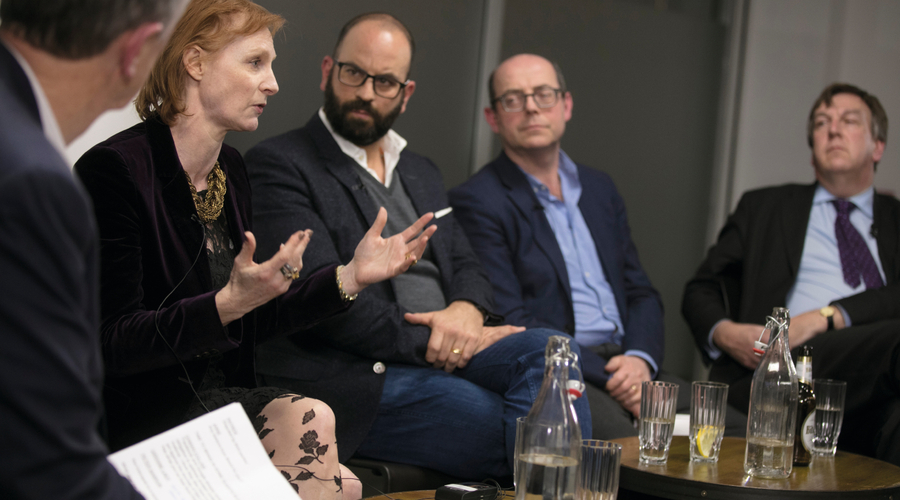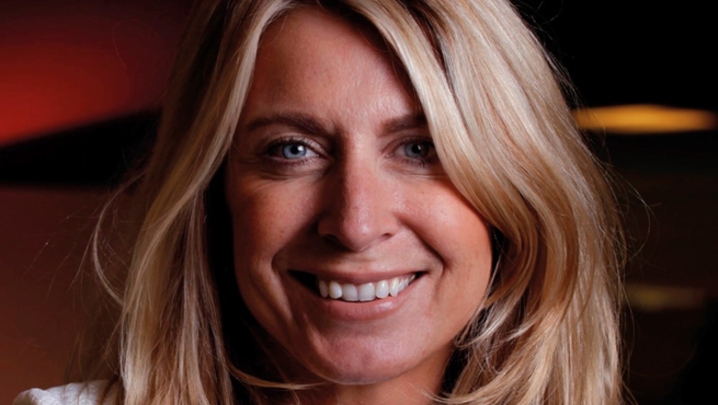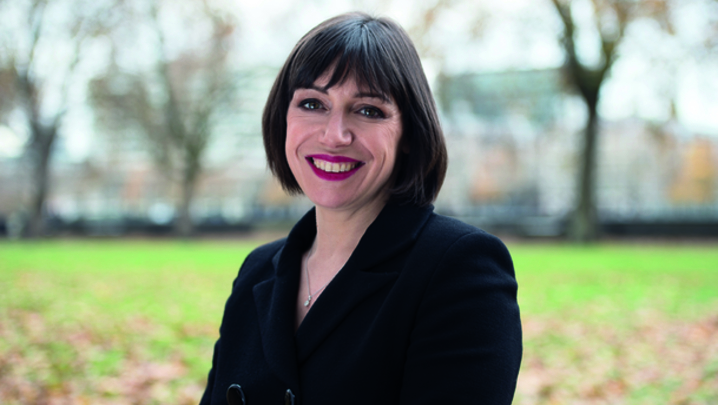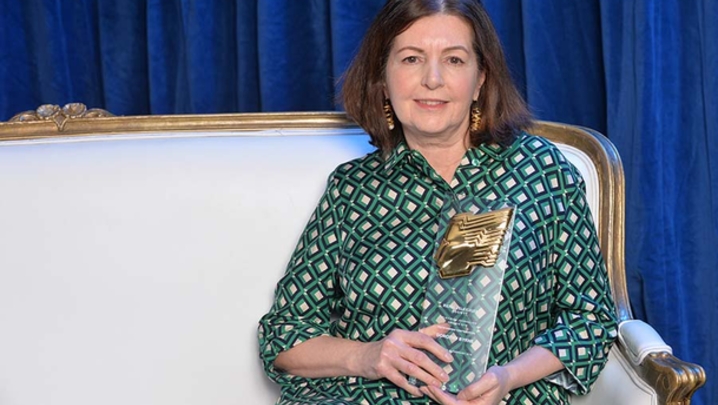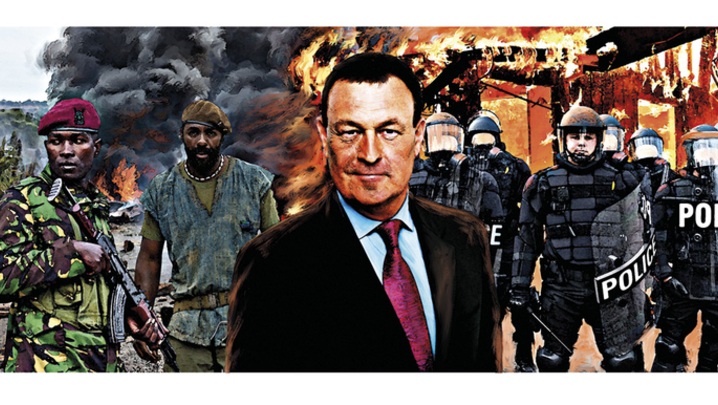Matthew Bell hears how social media is subverting objective, factual reporting by disseminating lies – and how it should be tackled
Any politician who uses the words ‘fake news’ to describe something they don’t like from their opponent should be assaulted verbally by people in their own party and fellow parliamentarians – we have to fight for language,” Nick Robinson told an RTS early-evening event discussing false news and alternative facts.
At the event in late February, chaired by former ITN chief executive Stewart Purvis, Robinson argued for the continuation of “impartiality as a legal requirement for television news”.
Without it, as in the US where “right-wingers watch Fox News and liberals watch MSNBC”, he continued, “there are no shared facts. Good public policy decision-making requires shared facts.”
Robinson, a former political editor at both ITV News and the BBC, and now a presenter on BBC Radio 4’s Today programme, added: “What Facebook does, and what separate news channels for different opinions do, is give people the possibility to have their own facts.”
“I don’t see anything wrong with partiality. The Daily Mail presents a particular type of view – you buy it knowing what that point of view’s going to be,” said fellow panellist and Conservative MP John Whittingdale, the former Secretary of State for Culture, Media and Sport.
“I would have no objection to someone starting a left- or right-wing TV channel if they brand it as that.
“What I do want is to have somewhere for people to go where they can be pretty confident that it will not have a political perspective and will be impartial,” he continued.
Whittingdale added that he believed in “plurality”. His impartial news sources would include “the BBC, ITV and, I hope, still the major broadsheets”.
Outside the licence-fee-funded BBC, he said, the rest of the media was struggling. “So, the old assurances that, when you read a story, it has been double-sourced, fact-checked, ‘legalled’, sub-edited and then, if it passed all those hurdles, it appeared, [have gone].”
Since the election of Donald Trump to the US presidency last November, social media platforms, and, in particular, Facebook, have been accused of doing too little to stem the flow of fake news. Journalist Anne McElvoy, a senior editor at the Economist and a newspaper columnist for London’s Evening Standard and the Guardian, argued that the problem was that Facebook “are editors, but you just don’t want to admit it”.
Facebook’s initiative to “flag” fake news (see below) with the help of news organisations and users, “was not a bad idea”, she said, “but the one thing I would predict is an awful lot of flags. Almost everything I’ve written would be flagged. [People] will just decide that they don’t like something [and flag it].”
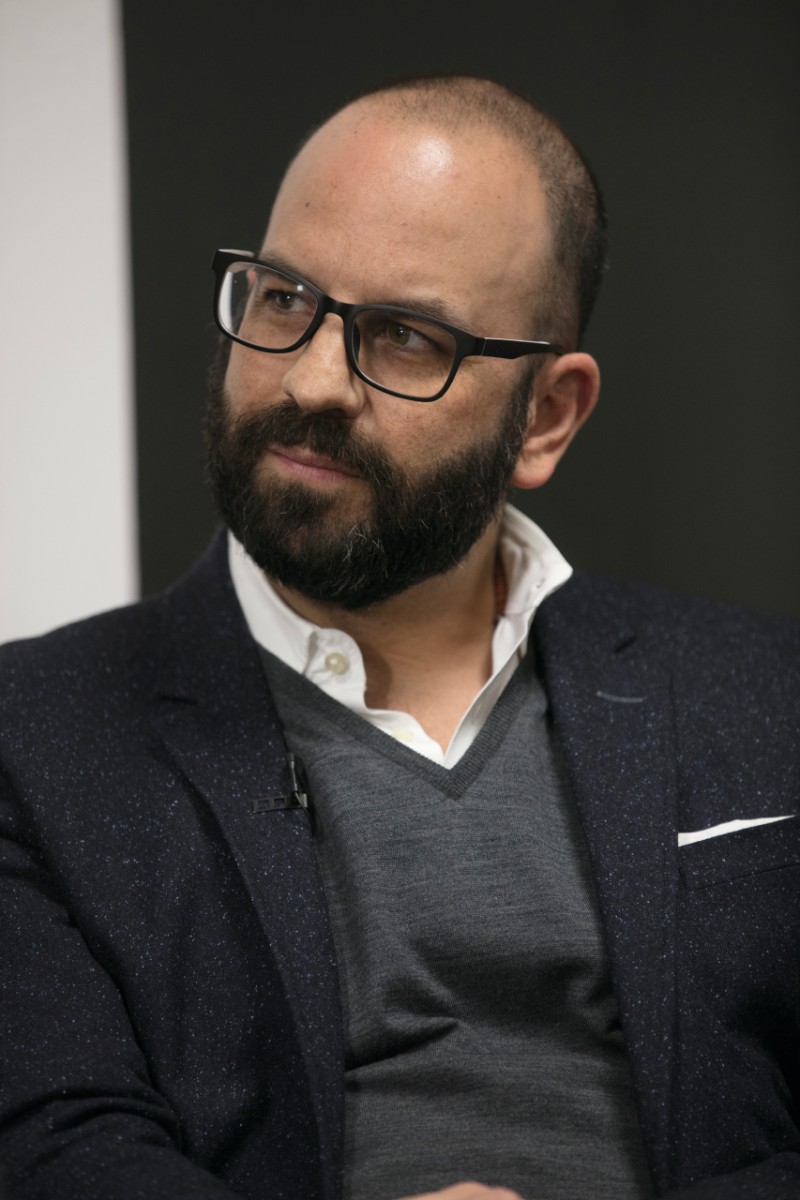
Addressing fellow panellist and Facebook director of media partnerships EMEA Patrick Walker, McElvoy called on the social media giant to “invest a bit more in journalism. Get off the fence and think about whether you should be supporting public interest journalism.”
“We’re fundamentally dependent on good journalism, [but] we don’t think the solution is to write cheques to journalists,” responded Walker.
He argued that the company’s Facebook Journalism Project, which attempts to build stronger links between Facebook and news organisations, train journalists to use Facebook tools, and improve digital literacy was an appropriate response.
“You’re clearly spending money on lots of related projects, but is the reason you don’t want to spend the money on journalism because people will say, ‘They are publishers’?” asked Robinson.
Likening the quantity of fake news to an “extraordinarily large pipe of sewage”, Channel 4 marketing and communications chief Dan Brooke, who was in the audience at the sell-out RTS event, said he could not “understand why the social media platforms, and Facebook in particular, are being so complacent” about fake news.
“I publicly said before Christmas that I thought you were fiddling while democracy burns,” he added.
“It’s quite easy to blame the big platform when there are all sorts of fundamental challenges occurring across society,” replied Walker.
“We’re deeply committed to creating technological tools and working with third parties to try and find solutions.”
Whittingdale rejected the idea of state intervention in this area: “The idea that government is somehow going to get involved in adjudicating about what is news and what is not is both impossible and, even if it were not, extremely undesirable.”
From the audience, Damian Collins MP, chair of the Culture, Media and Sport Committee, said: “We have to look at online content because it’s clear that people don’t always find it very easy to distinguish between fake news and real news.
“One of the things I’m particularly [concerned] about what Donald Trump is doing at the moment is using the label ‘fake news’ to [dismiss] any news that he doesn’t like.”
Peter Barron, Google’s head of communications and public affairs EMEA, was sitting next to Collins in the audience. Purvis asked him about Google’s search engine which, when one types in “The Holocaust is …” the first item on Google’s search page suggests it is “a successful historical fiction”.
Barron accepted that “clearly there is an issue”. He was further pushed by Purvis, who suggested that “some people have worked out how [to promote Holocaust denial] and you can’t seem to stop them”.
The Google executive replied that, while “it would be tempting to fix problems piecemeal, it is not a sustainable way of doing it. It’s much better to try to fix these things on a global scale.”
Barron discussed the thinking behind Google’s Digital News Initiative, which is investing e150m euros into digital innovation projects, but he added: “What it isn’t [doing], is funding journalism as such.”
Addressing both the representatives from Google and Facebook, McElvoy said: “In the end, what you’re doing is building a corporate wall around yourselves. It gives you something to say when you’re under challenge.
“But if the news disruption is as big as we’ve reflected tonight, then I think that, ultimately, if you [want to fight for the] public good then you might have to think about yourselves as investors in news as truth. That might take you
a bit out of the comfort zone I think you’re in now.”
Robinson challenged the online companies to help their users “find the facts”, rather than “just following people you already blooming well agree with”.
He continued: “When people have a massive decision to make, like whether we should stay in or leave the EU, there [should be] somewhere on these sites where they can get facts.”
The RTS early-evening event ‘False news, unverified claims, alternative facts: What is the future for honest journalism?’ was held at The Hospital Club in central London on 23 February. The event was produced by Sue Robertson and Martin Stott.
Five forces reshaping journalism
The BBC’s Nick Robinson argued that there had been a ‘democratisation of media’ via social media, so that ‘the barriers to entry are now practically zero’.
Second, he continued, ‘the destruction of the economic model of news publishing’ had meant the ‘platforms have taken over from the publishers. And that means that the publishers can’t get advertising revenue and, therefore, all traditional media beyond those that are subsidised – as [the BBC is] by a levy from licence-fee payers – are struggling economically.’
Third, Robinson highlighted that, as well as mistrusting the political establishment, the public increasingly doubted elites in the UK’s print media and, since Jimmy Savile the BBC.
Fourth, he stressed ‘the investment of non-democratic states in propaganda. It seems to be only 10 years ago that, essentially, the attitude of the Chinese and Russians was to try to censor. Whereas the attitude now is, “If you can’t beat them, join them”, so as to flood the market with false news.”
The fifth trend identified by Robinson was the ‘rise of populists who take advantage of all the other four’ forces. ‘Donald Trump uses social media; uses the fact that the traditional mainstream media are in trouble, so he’s constantly banging on about them failing; uses the mistrust in the political establishment; and uses – and, indeed, cooperates with, we think at times – the fact that non-democratic states are putting out things that help [him].’
EU referendum: a triumph for fake news?
Q. Stewart Purvis, panel chair: Do you think the BBC and other broadcasters were clear enough in their challenge to the Vote Leave slogan “We send the EU £350m a week – let’s fund our NHS instead”? Was that an alternative fact?
A. Nick Robinson, BBC: I did The Big EU Reality Check [for BBC One] … The combination of the number with certain words was critical. You could always defend the number – £350m was merely taking the gross EU contribution of £19bn and dividing it by 52 to get a weekly sum.
The thing that was, in my view, untrue… was the suggestion that the £350m a week was “sent” to Brussels. No, we don’t. We don’t send £350m a week to Brussels.…
In the documentary, I held up the poster and put a large cross through it…
Anybody looking at BBC News could find many examples of where we questioned and queried the £350m figure… I suppose I wish we had been a bit ballsier about it.
A. John Whittingdale MP: It was a political debating point… [In] every election I’ve been involved in, one side has made a claim and the other has said that’s rubbish… That is traditional political debate and it doesn’t seem to me that it falls within the definition of fake news, which is an entirely different and more recent development.
Fake news: Facebook’s response
‘The mission of Facebook is to allow people to share, to make the world more open and connected… we thought, by doing that, we were making the world a better place. What we’ve come to realise is that is not necessarily the case,’ said Facebook’s Patrick Walker.
‘With fake news… we’ve set out to suppress a number of the most egregious types of misinformation. The first would be what we call financially motivated spam, which is really the worst of the worst… If something starts to spread, we look at that [site]… and we have ways in which we can remove it…
‘With regard to hyper-partisan news or sensationalism, that’s not something that we can identify with technology. Nor is it something that, if it’s flagged or re ported by somebody, we are in a position to determine whether it’s true or not.
‘This is where… we are working with third parties… Once something is reported – and we’ve made it easier for someone to report something that they see as potentially untrue – it then gets looked at by a third party. If they find something that is in dispute, it gets a flag as [being] disputed… [although] it’s not removed from the site.’

